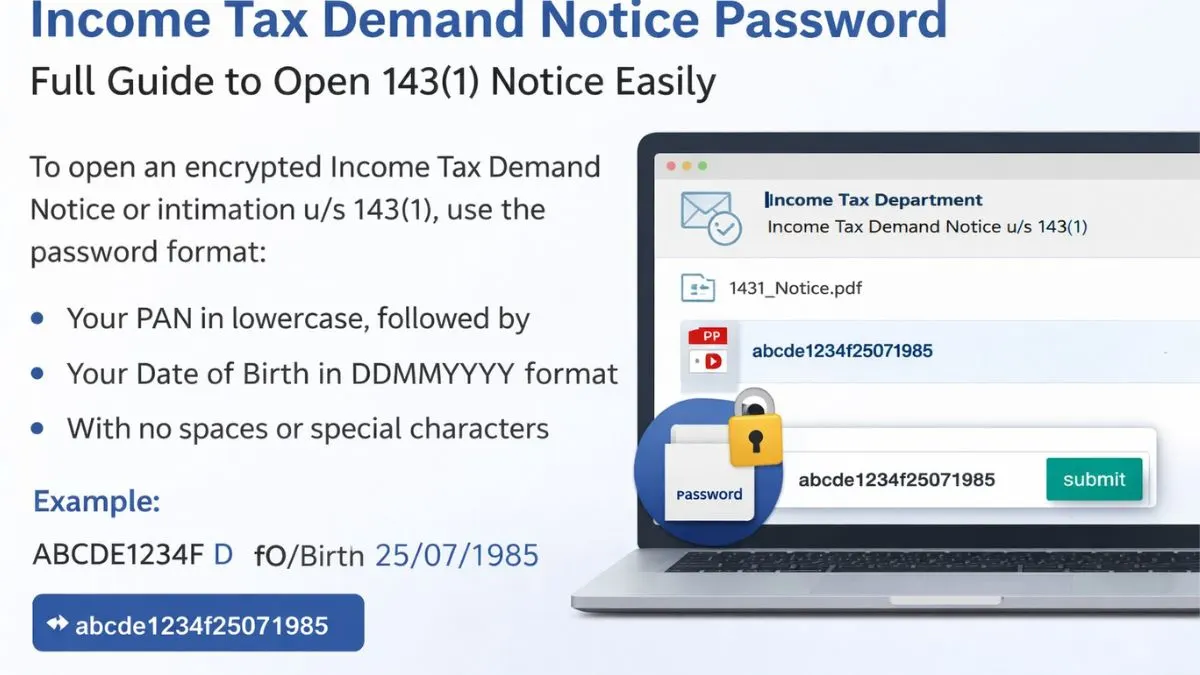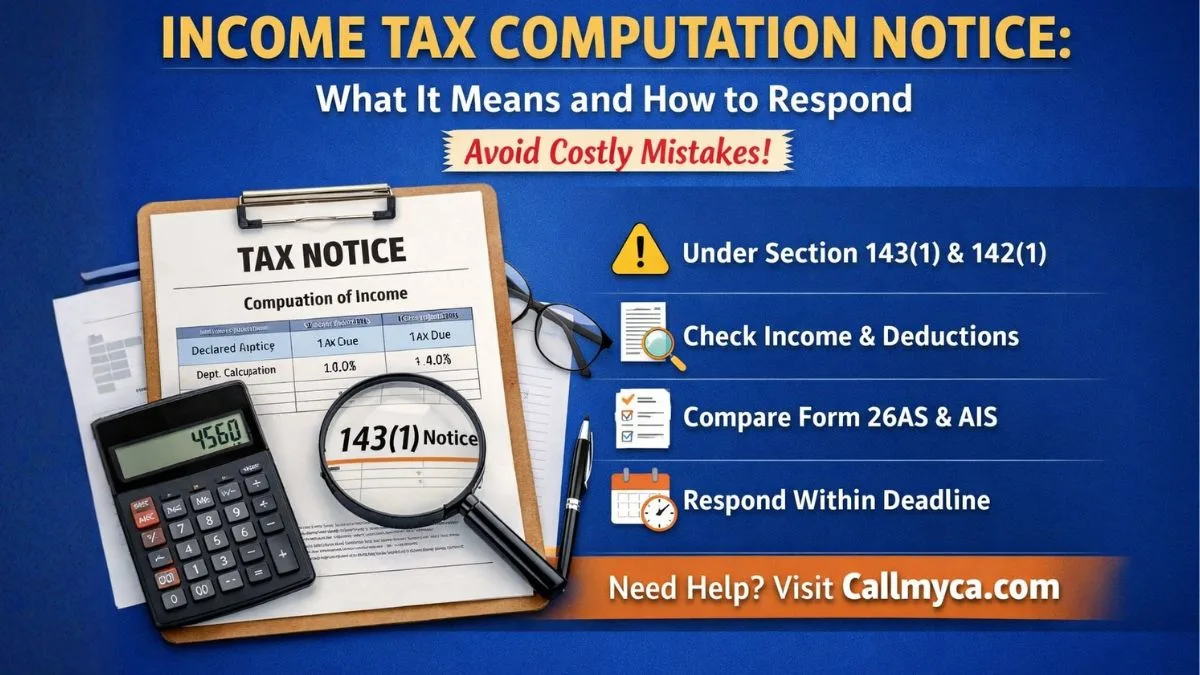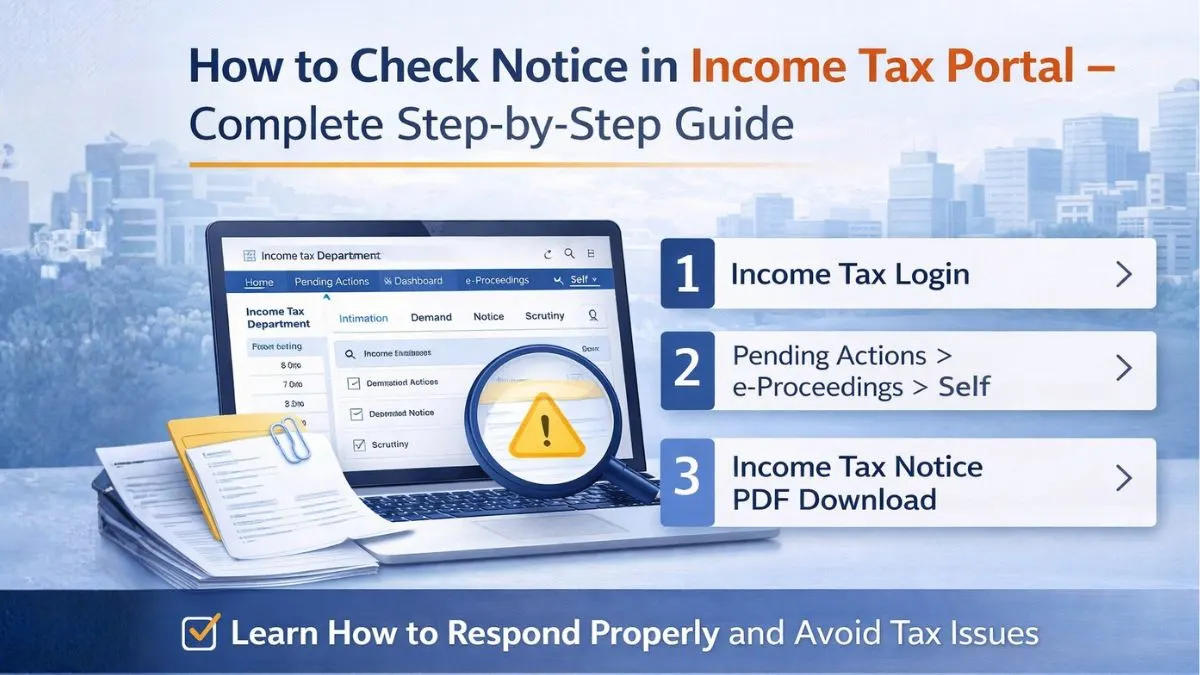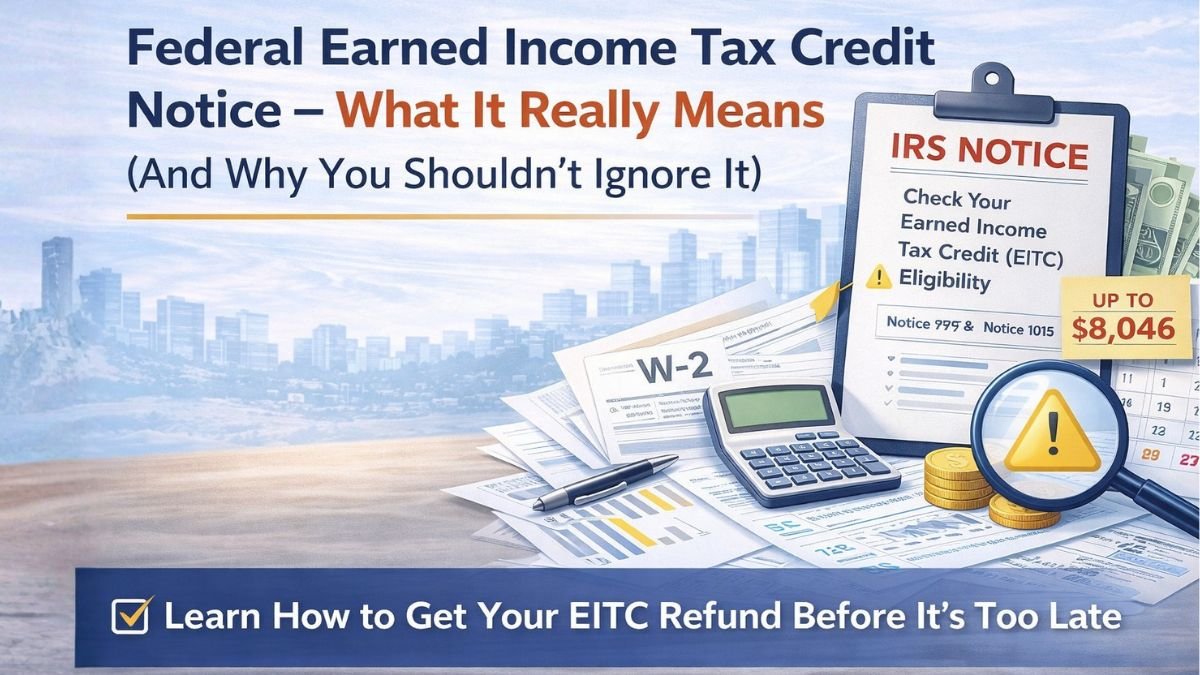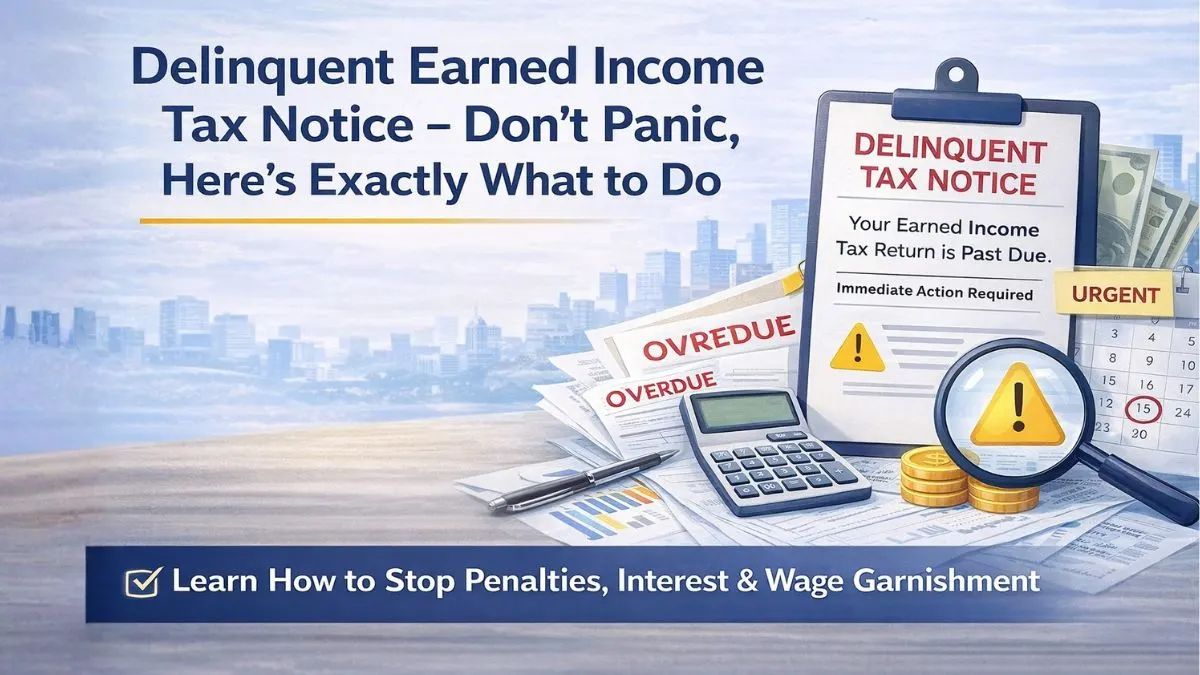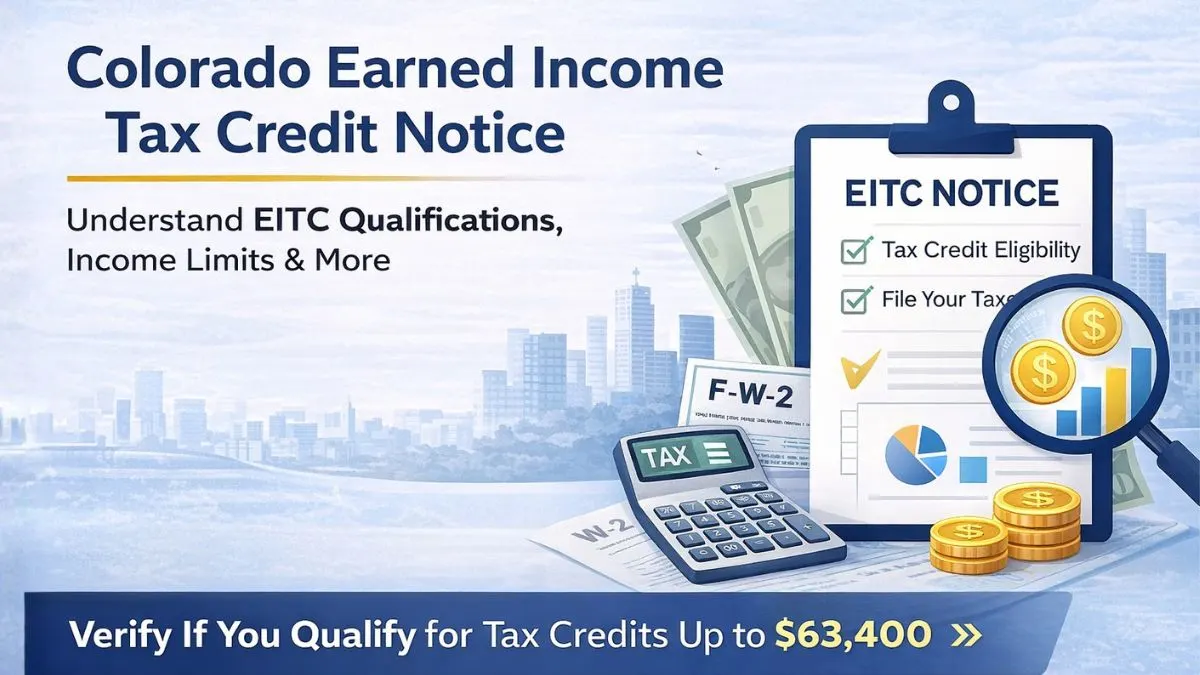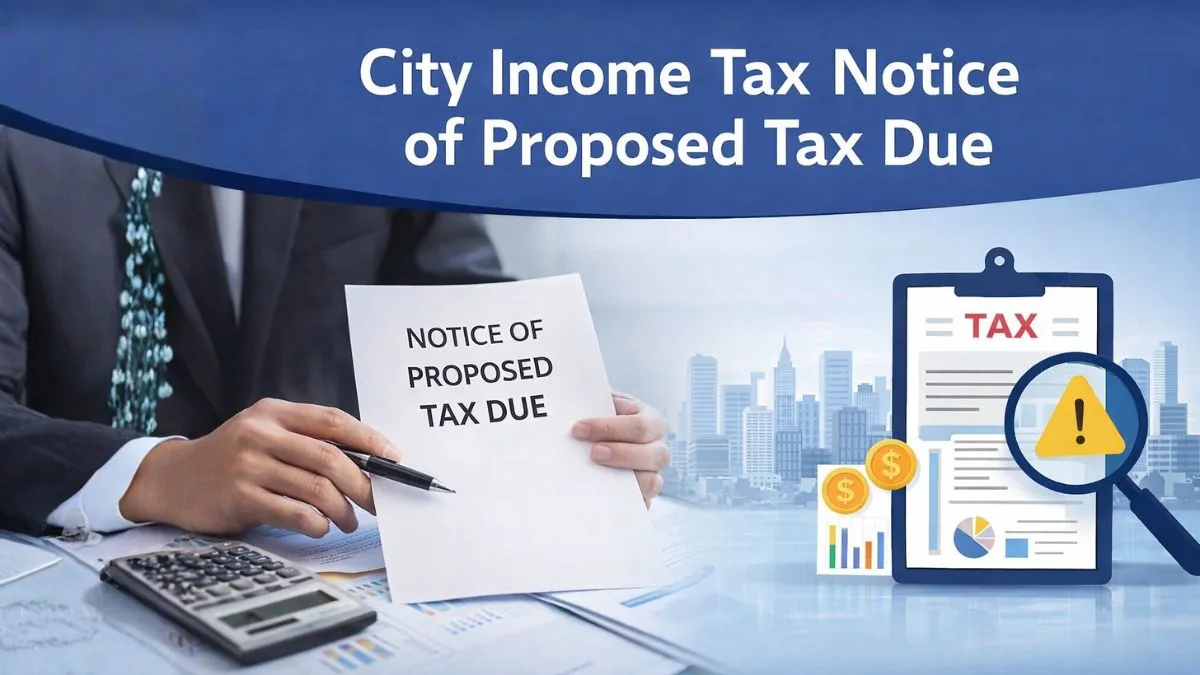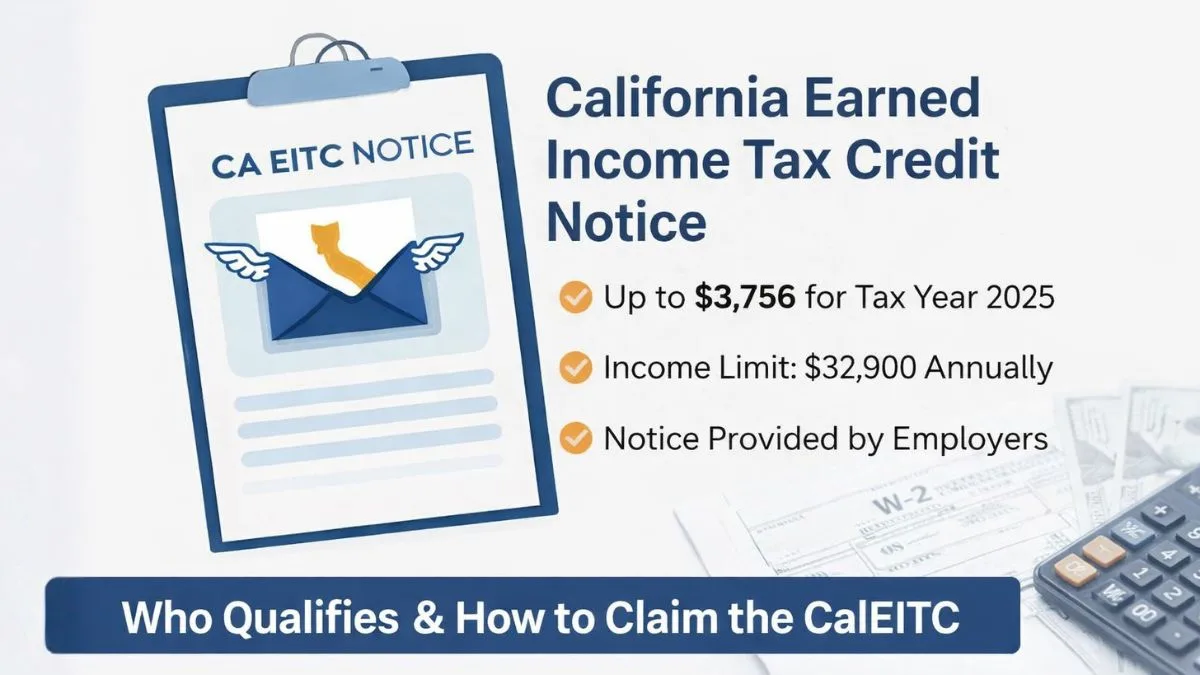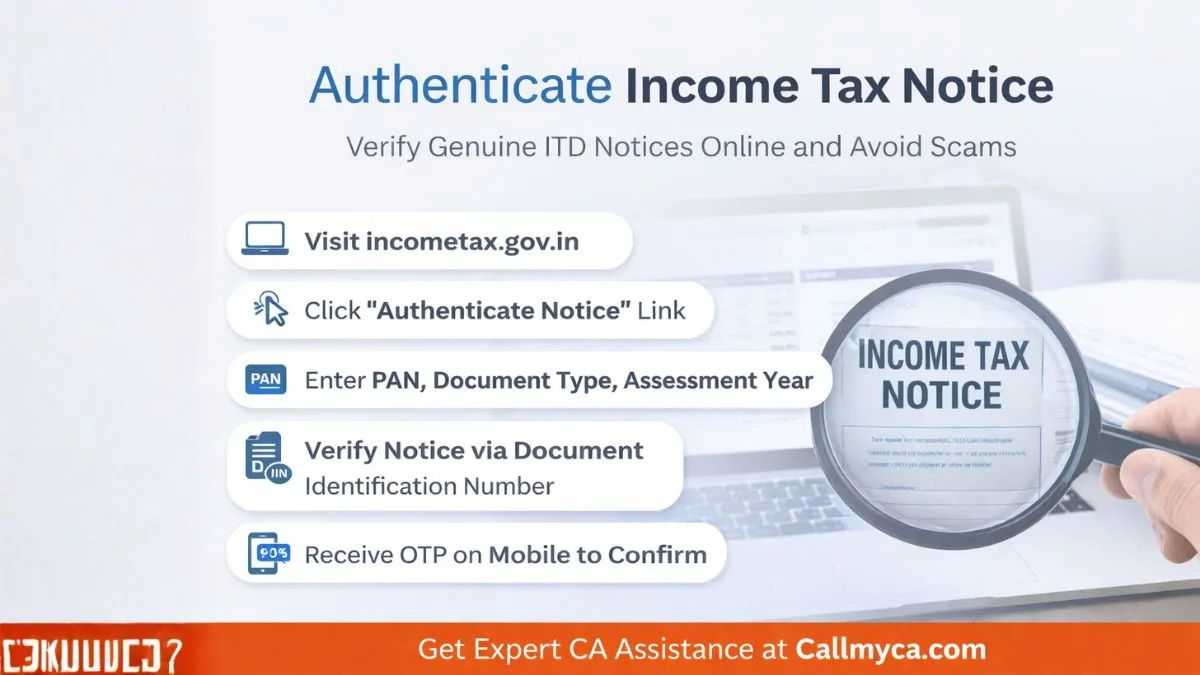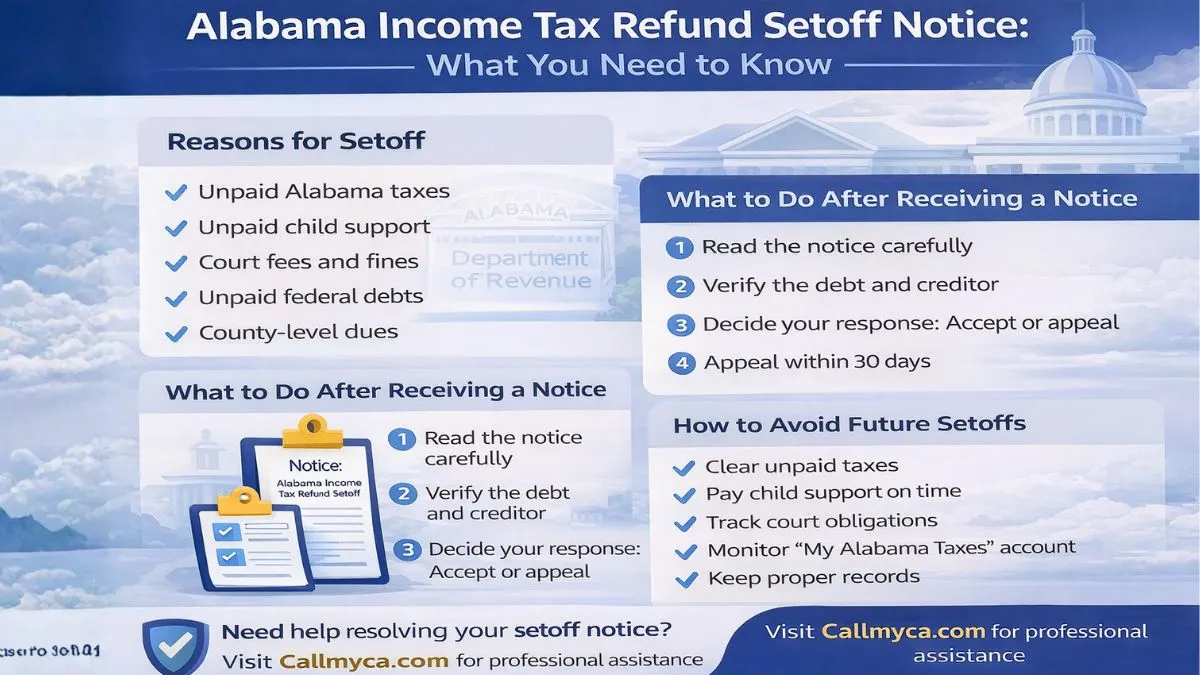
In the complex landscape of income tax, the government retains the right to revisit & reassess earlier assessments under specific conditions. This authority is conferred through Section 147 of the Income Tax Act, which empowers the Assessing Officer (AO) to assess or reassess income that has escaped taxation.
What is Section 147 of the Income Tax Act?
Section 147 empowers the AO to assess or reassess income if they have reason to believe that any income chargeable to tax has escaped assessment for any assessment year. This provision forms part of the government’s vigilance mechanism, ensuring that all taxable income is rightly reported and taxed.
This section also covers cases where an assessment was already made under Sections 143(1), 143(3), or even 144, but due to new information or a change in opinion backed by tangible evidence, it appears that the income was not correctly taxed. "
When Can Section 147 Be Invoked?
Not every minor discrepancy can lead to reassessment. There are laid-down conditions, timelines, and procedures:
- The AO must have a reason to believe that income has escaped assessment.
- The reassessment cannot be based on mere suspicion or vague information.
- A notice under Section 148 must be served before proceeding with reassessment.
This provision helps prevent revenue leakage & upholds the fairness of the tax regime, allowing authorities to step in when there is reassessment of income that has escaped taxation.
Time Limit for Reassessment
The time limit for issuing a notice varies based on the quantum of escaped income:
- If the escaped income is less than ₹50 lakh, the notice must be issued within 3 years from the end of the relevant assessment year.
- If the income is ₹50 lakh or more, then the time limit extends to 10 years, provided the AO has in possession evidence indicating such escape.
This provision ensures that large-scale tax evasions are not time-barred. "
Common Scenarios That Trigger Reassessment
Here are some real-life triggers that often invoke Section 147:
- Concealed rental income from multiple properties.
- Unexplained credits in the bank account flagged by data analytics.
- Mismatch in Form 26AS & the return filed.
- Discrepancies are flagged through third-party data, like stock brokers or GST filings.
In such cases, Section 147 empowers the AO to assess or reassess income to plug these gaps.
Key Safeguards for the Taxpayer
While the AO has been given powers, there are procedural safeguards to protect the taxpayer’s rights:
- The AO must record reasons in writing.
- The taxpayer can file an objection with the Principal Commissioner.
- A proper opportunity for hearing must be provided before passing the reassessment order.
Final Thoughts
Section 147 plays a crucial role in India’s tax system. It strikes a balance between protecting government revenue & ensuring taxpayer accountability. If used fairly, it helps maintain compliance without causing unnecessary harassment.
If you ever receive a notice under this section, it’s important to act promptly, consult a tax expert, & respond with transparency.

